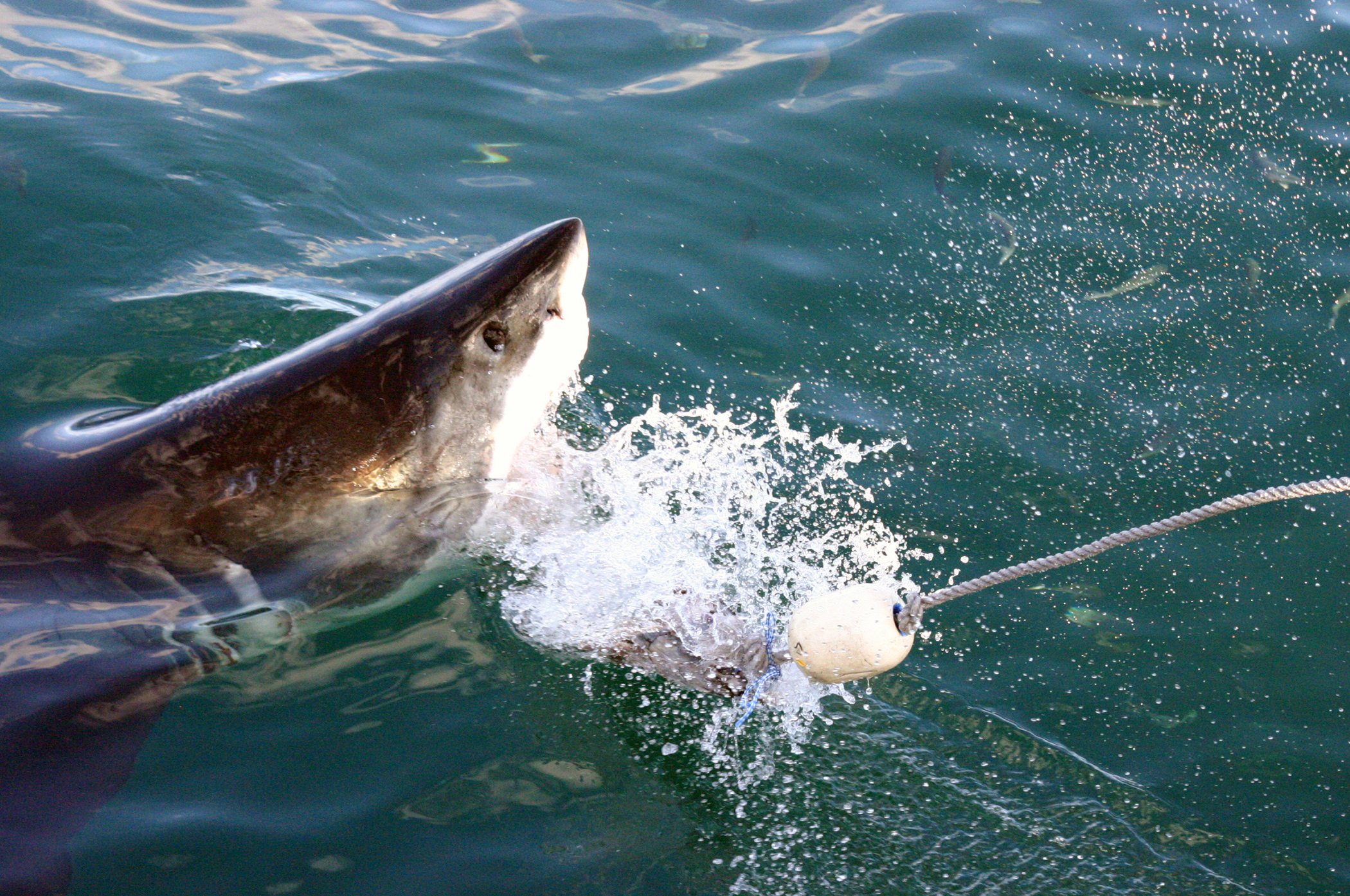Sharks' Bad Rap Makes Them Hard to Save

Shark attacks have all the elements of a great news story — they're terrifying, bloody and mesmerizing all at once. But high-pitched coverage of shark attacks in the media often doesn't reflect the rarity of such gruesome encounters. What's more, a new study suggests the disproportionately negative attention could hurt sharks' chances of survival.
A group of researchers examined coverage of sharks in newspapers in the United States and Australia from January 2000 through December 2009. Of 300 articles about sharks randomly selected from this sample, more than half were about shark attacks on people. A mere 10 percent of the articles focused on shark conservation issues, and just 7 percent centered on shark biology or ecology.
In 2011, there were 75 shark attacks reported worldwide, a dozen of which were fatal. Despite these relatively low numbers, the threat sharks pose to humans was emphasized in nearly 60 percent of the articles the researchers analyzed. Meanwhile, far fewer articles discussed shark finning, pollution, habitat loss and other threats to sharks, which are apex predators that help balance ecosystems in the world's oceans. An estimated 73 million sharks are killed annually for their fins alone.
The researchers also found that the bad guys seem to get all the attention. Out of the 68 endangered species of elasmobranch (the subclass that includes sharks), the speartooth shark and hammerhead shark groups were the only ones cited in the 300 articles and were mentioned 19 times. In contrast, there were 171 mentions of great white sharks, tiger sharks, and bull sharks — species that are not endangered but are implicated in most attacks on humans.
The study appears in the current issue of the journal Conservation Biology.
Follow LiveScience on Twitter @livescience. We're also on Facebook & Google+.
Sign up for the Live Science daily newsletter now
Get the world’s most fascinating discoveries delivered straight to your inbox.











